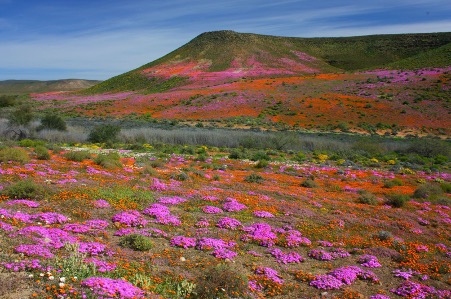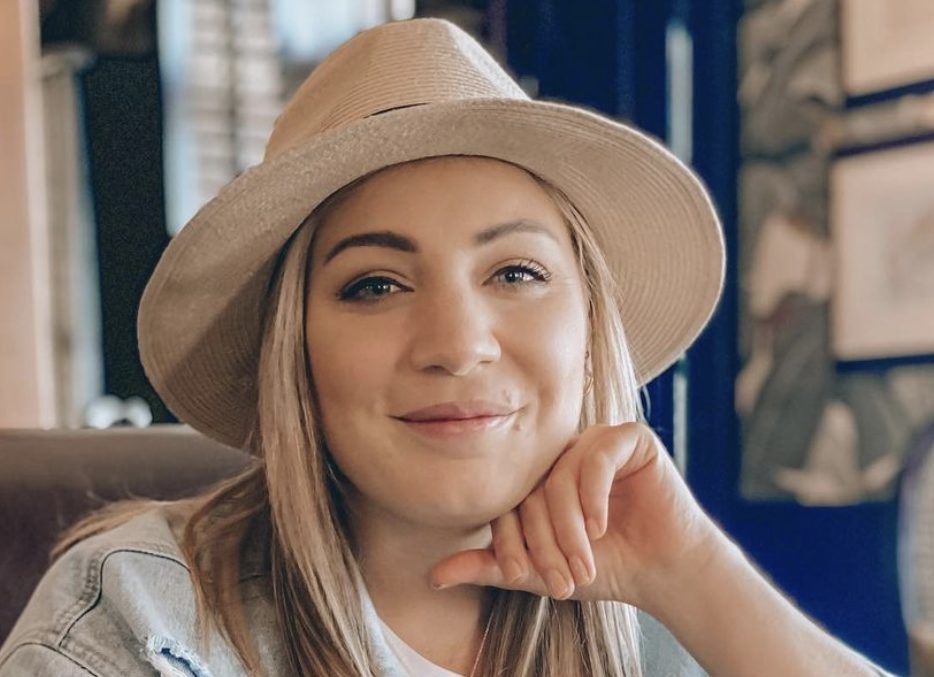Putting your trust and faith into a system that does not care where you end up, is the most frightening feeling. And that is exactly how I felt when applying for internship positions around the country, except Kwazulu-Natal, I never applied anywhere close to Kwazulu-Natal, but where did I end up… in Kwazulu-Natal. I was one of the few, actually in retrospect MAJORITY, of people that did not get any of their choices and had to wait for random placement. But in hindsight, I feel very lucky to have been able to do my internship at Ngwelezane Tertiary Hospital.
Ngwellies is located in a small town exactly halfway along KZN’s coastline called Mtunzini. Here, as a first-year intern, I learned so much and had a lot of hands-on experience with patients that presented many weird and wonderful pathologies. One of the best things about working at Ngwellies was that you lived with twenty other scared interns and rockstar MO’s in Mtunzini. This made the horrible days and long busy calls worth it. The thing about living in a small town is that there isn’t really a lot to do, so you have to organise and plan fun activities yourself. So that is exactly what myself and the rest of the sleep-deprived staff living in the estate, who are both your roommates and co-workers, did. Most free afternoons consisted of beach walks and a beer (or two) on the sandy dunes of Mtunzini’s beach. Sometimes, the boys felt productive and would take the small boat “River Cirrhosis” (medical joke) out for a little spin at sunset, followed by a braai at someone’s house. Two years felt like two months and I left there having met the most incredible people I now get to call my friends. I know this sounds cheesy and everyone has heard this before but, you just have to trust the process! You will get placed where you need to be. Even if that is not what you wanted nor envisioned for yourself. TRUST THE PROCESS.
Looking back I realise that everyone I met at Ngwelezane played such a big role in my life. Writing this in my small apartment in the middle of Limerick [click here to read about my move to Ireland], I am living with a friend I met at Ngwelezane and let me tell you, I wouldn’t have survived the big move if it wasn’t for her.
By saying, “Trust the process,” with such conviction, I do feel a bit like a hypocrite because when the time for com-serve placements arrived, that was definitely not my view. I was certain that I could surely not fall victim to the random placements saga again.
But, yes. Yes, I was. Again.
This time, I was placed in Kuruman, Nothern Cape which I assume the placement department felt was probably close enough to my 5th choice, Kimberley. However, when you start off by having to google where you’ve been placed it’s not a good sign…spoiler alert… It’s not close to Kimberley, or anything for that matter. Thanks, guys…
However, I was sure I could try to get out of the placement one way or another. I tried my best to swap but with no success. I moved there in January 2020 with a heavy heart and zero excitement for the year ahead.
I ended up at Tshwaragano District Hospital. I was thrown in the deep end and was expected to swim. Not a pool but an ocean. During a storm. With no lifejacket. I was the only person younger than 45 and the only South African trained doctor at the hospital which meant that there was a lot of fighting about the protocols being used and differences in our approaches to treatment.

I think what really saved me and kept me going were the relationships I built with the very friendly young doctors (also MO’s and com-serves) on the other end of the phone at Kimberley Hospital. They were always happy to help and listen, even if it was just a quick talk through some of the patient’s problems and management plans. I have come to see just how important it is to have a good support system and someone you can rely on for help, even if they are 250km away. In my situation, this is what saved me from hours of sleepless nights wondering if I was doing the right thing.
Another learning curve for me was the realisation and acceptance that, you can’t expect a hospital, that has been doing things a certain way for years, to now change everything because this new young doctor tells them to. At Tshwaragano, my life became a lot easier when I eased into things and started working on small changes first. When you are new at a rural hospital, it’s all about your attitude. When your colleagues and seniors can see that your treatment works, and the patients are better for it, then they will start taking your recommendations seriously and start implementing changes. It won’t happen overnight and a big focus needs to be on building and maintaining a good working relationship with your co-workers. So take it day by day and try to make a small difference in the community where ever you can, even if it’s just helping that 90-year-old Gogo get the wheelchair she’s been needing for the last 10 years.
Being in a rural placement- like Kuruman does provide a unique opportunity for a keen and eager doctor to do something impactful in the community. I was able to pioneer a new burns management protocol and a lumps and bumps clinic with a weekly theatre list. This was a ‘big change’ I was a part of, one that I hope will continue to have a lasting impact on the community long after I’m gone.
Probably the biggest lesson I learned from practising in Kuruman is how important it is to know your limits and to know when to ask for help. This is a very delicate balance as over-committing yourself, or not taking enough responsibility and passing the buck can both have dire consequences.
I grew so much as a doctor in my second random placement, and am so proud of myself for becoming so independent whilst there. There is nothing that really scares me anymore. I am willing to do whatever I need to do to save a life. I think we can be very hard on ourselves as medical professionals and we all want a “Groote Schuur” or “Tygerberg” on our CV so that we have a better chance of being ahead in the queue when it comes to post-grad studies, but we need to remember that the point of community service is to SERVE and help the community while expanding your skill-set and knowledge. It’s designed to get you out of your comfort zone and to grow you as a doctor by taking comfort and immediate support away. I know it sounds scary, but nothing good ever comes from being comfortable and safe in your career.
My advice, go to that far away clinic or hospital that needs doctors. Go and make a difference and help the people that need it the most in our healthcare system.
I will remain forever grateful for everything that the Northern Cape taught me.

